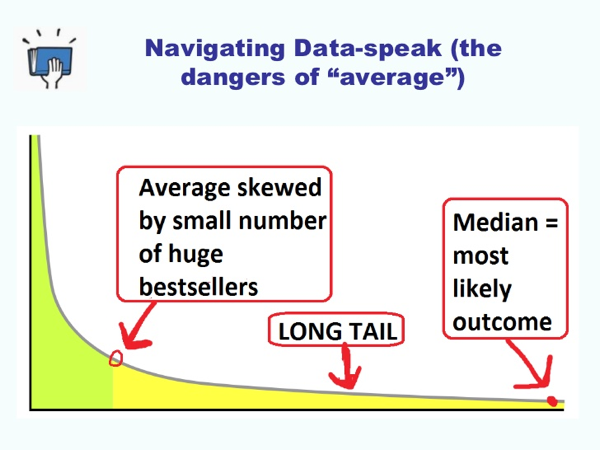UPDATE: Now 166 backers, $10,140 funded of $13,000; 78% funded, 22% to go with 9 days remaining.
 What in the Sam Hill is "Yuri Anime", and what in the Sam Hill does it have to do with supporting Lesbian works?
What in the Sam Hill is "Yuri Anime", and what in the Sam Hill does it have to do with supporting Lesbian works?
Erica Friedman at Yuricon starts out an explanation of the term "yuri" by writing:
The term Yuri (百合) is used to refer to stories that contain romantic or sexual relationships between girls or women or, sometimes more generally, stories with a lesbian character.
Yuri is not a dominant niche in Japanese manga (ie, serialized graphic novels), but it does hold a place in the market, and sometimes this shows up in anime that are based on either a yuri manga, or a manga with a yuri side-stream.
Now, manga and anime are commercial media, and so Sturgeon's Law applies: 90% of everything is crud. Indeed, we might say that what makes somebody a "fan" of a genre is an appreciation of not just the 10% of the genre that is good, but an appreciation of some of the 90% that is crud.
Every genre has its history. From what I understand, part of the history of yuri is the "tragic lesbian". And the "Tragic Lesbian" features strongly in "Oniisama E", aka Dear Brother, originally created as a manga by the manga-ka (manga artists) Riyoka Ikeda in 1975, and made into an anime by Tezuka Productions in 1991.
 What in the Sam Hill is "Yuri Anime", and what in the Sam Hill does it have to do with supporting Lesbian works?
What in the Sam Hill is "Yuri Anime", and what in the Sam Hill does it have to do with supporting Lesbian works? Ebooks have revolutionized the publishing revolution and
Ebooks have revolutionized the publishing revolution and
Recent comments